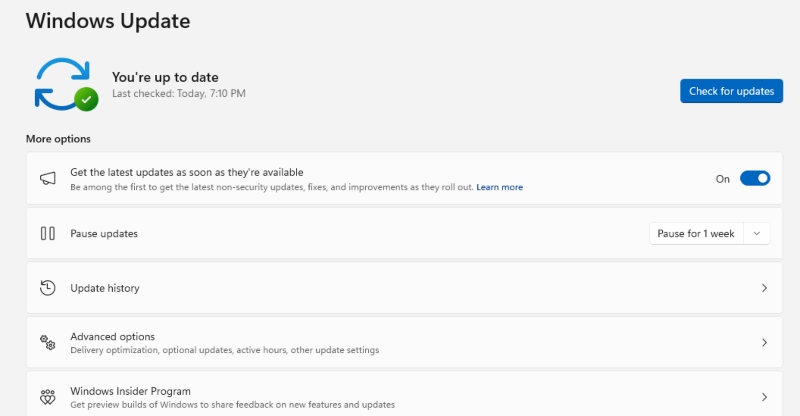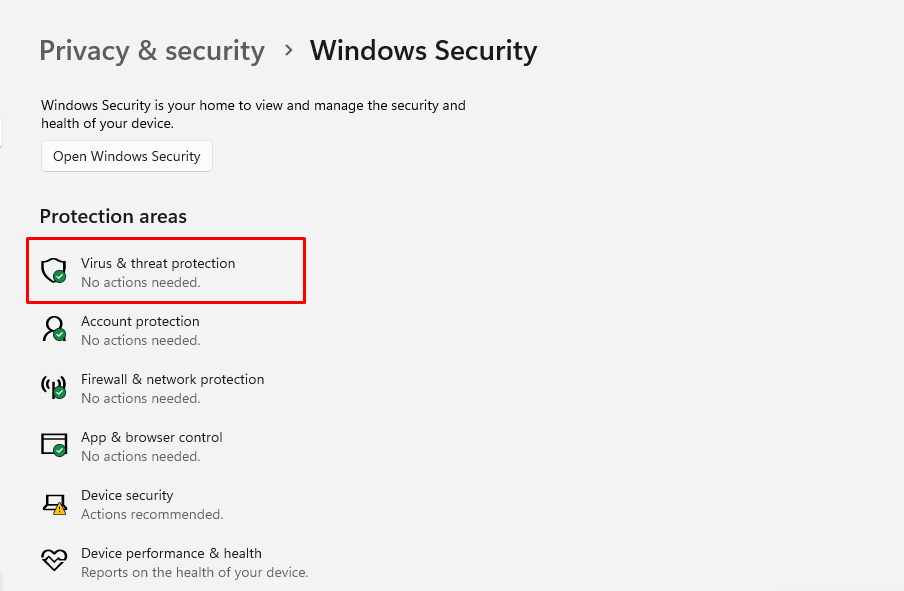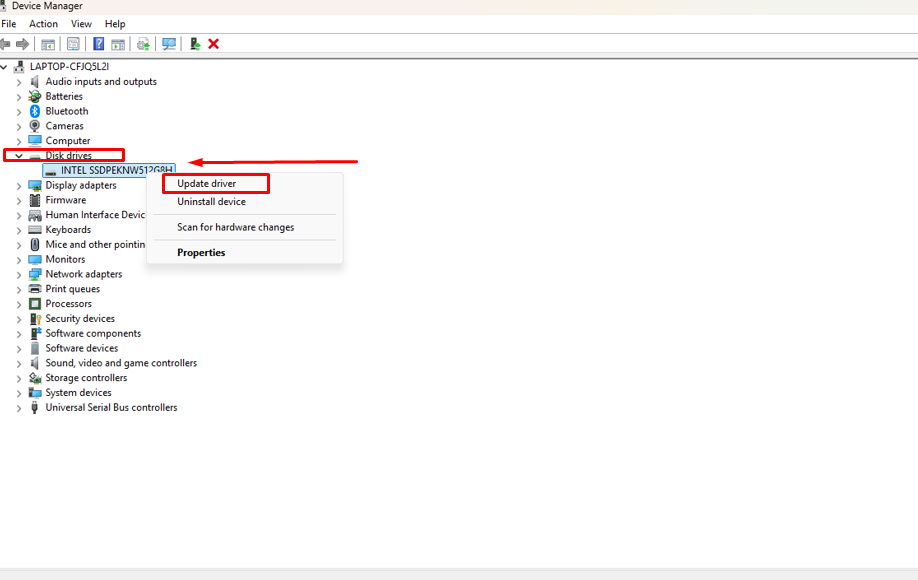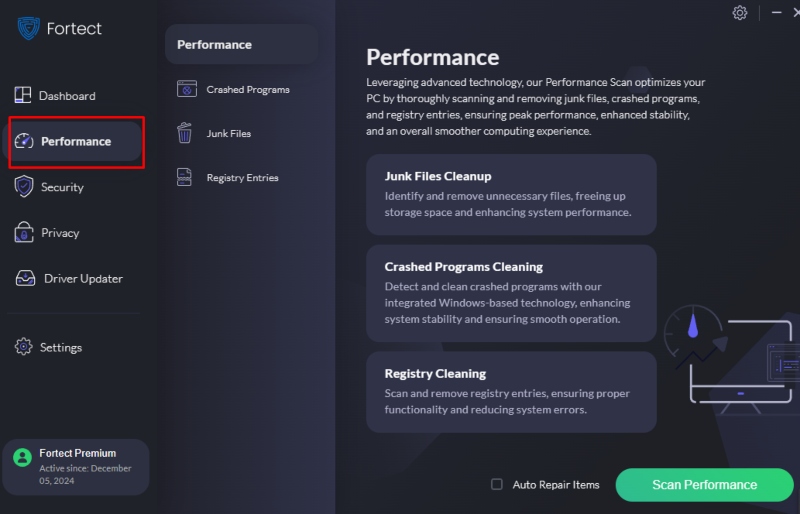SOLVED: 100% Disk Usage in Windows 10/11
Experiencing 100% disk usage in Windows 10 or 11 can severely slow down your computer, causing freezing, lag, and poor system performance. Background processes, system errors, or misconfigured settings often cause high disk usage. We will provide practical troubleshooting steps to resolve the issue and improve your PC’s performance.
Why Does Windows Show 100% Disk Usage?
Before diving into fixes, it’s essential to understand what causes high disk usage:
- Windows Search Indexing – Continuous indexing can consume disk resources.
- Superfetch (SysMain) – Prefetching frequently used apps may overload the disk.
- Malware or Viruses – Harmful programs can excessively read/write to the disk.
- Outdated or Corrupt Drivers – Faulty drivers can cause system slowdowns.
- Running Too Many Background Apps – Unnecessary applications can consume disk resources.
How to Fix 100% Disk Usage in Windows 10/11
1. Restart Your Computer
A simple reboot often resolves high disk usage by closing background processes and freeing up resources.
2. Check for Windows Updates

Keeping your system updated ensures bug fixes and optimizations.
- Press Win + I to open Settings.
- Click Windows Update.
- Click Check for updates.
- If updates are available, install them and restart your PC.
3. Disable Windows Search Indexing
Disabling Windows Search Indexing can help reduce high disk usage because the indexing process constantly scans files, which can strain your drive. Turning it off frees up system resources, improving overall performance, especially on HDDs.
- Press Win + R, type services.msc, and press Enter.
- Scroll down to Windows Search and double-click it.
- Change the Startup type to Disabled.
- Click Apply and OK.
4. Disable Superfetch (SysMain)
Superfetch preloads frequently used apps but can cause disk overload.
- Press Win + R, type services.msc, and press Enter.
- Locate SysMain, right-click it, and select Properties.
- Change the Startup type to Disabled.
- Click Apply and OK.
5. Scan for Malware and Viruses

Malware infections can cause high disk usage. Use Windows Defender or a trusted third-party antivirus to scan your system.
Steps to Scan Using Windows Defender:
- Open Settings (Win + I).
- Go to Privacy & security > Windows Security.
- Click Virus & Threat Protection.
- Click Quick Scan.
6. Update Disk Drivers

Outdated or corrupted disk drivers can contribute to high disk usage.
Steps to Update Disk Drivers:
- Press Win + X and select Device Manager.
- Expand Disk drives.
- Right-click your disk and select Update driver.
- Choose Search automatically for drivers and install any available updates.
7. Disable Background Apps
Running too many background applications can overload the disk.
- Open Settings (Win + I).
- Click Apps > Installed Apps.
- Select an app, click Advanced options, and set Background apps permissions to Never.
8. Perform a Disk Check
Windows has built-in tools to check for disk errors.
- Open Command Prompt as Administrator.
- Type chkdsk /f /r and press Enter.
- Type Y to schedule the Check for the restart.
- Restart your computer.
9. Use Fortect to Fix System Errors and Optimize Performance

If your PC continues to experience high disk usage, Fortect can help. It scans for corrupted system files, cleans crashed programs, and removes unnecessary junk files. Fortect also optimizes performance by repairing disk-related errors. Try Fortect to automate PC maintenance and enhance stability.
Download Fortect now.
I would also like to point out some key features of Fortect: It offers real-time malware protection to keep your PC safe from infections and includes a built-in driver updater that automatically scans all installed drivers, identifying and updating any outdated or corrupted ones. With Fortect, you already bypass two troubleshooting steps above.
This software is your all-in-one ally, friend, and protector in your online performance.
Conclusion
100% disk usage in Windows 10/11 can be frustrating, but following these steps can help restore performance. Disabling unnecessary services, updating drivers, and scanning for malware can significantly reduce disk usage. Fortect provides an automated solution to optimize your system and prevent future disk slowdowns if the issue persists.




